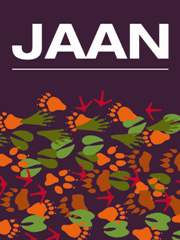No CrossRef data available.
Article contents
Preliminary investigation of the effects of long-term dietary intake of genistein and daidzein on hepatic histopathology and biochemistry in domestic cats (Felis catus)
Published online by Cambridge University Press: 23 January 2013
Summary
Dietary isoflavones have been hypothesised to play a role in hepatic veno-occlusive disease in captive exotic felids, although empirical evidence is lacking. This study aimed to investigate the effect of long-term (>1 year) dietary genistein and daidzein exposure on the hepatic biochemistry and histology of domestic cats. Individual cats were assessed for hepatic enzyme and bile acid production before and after the removal of isoflavones from their diet in the treatment group (n = 4), and at the same times in unexposed control animals (n = 7). No significant differences were detectable in hepatic biochemistry between treatment and control groups, and all serum values were within the normal reference ranges for domestic cats. Additionally, treatment animals demonstrated slightly greater areas of fibrosis surrounding hepatic venules than control animals, but this difference was not statistically significant. On the basis of the results presented, dietary isoflavones, at the current dose and duration of exposure do not appear to modulate hepatic enzyme production or histological parameters.
Keywords
- Type
- Original Research
- Information
- Copyright
- Copyright © Cambridge University Press and Journal of Applied Animal Nutrition Ltd. 2013


